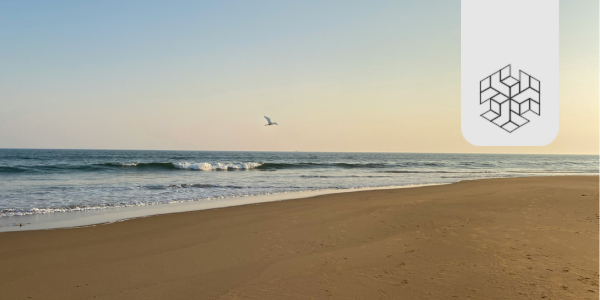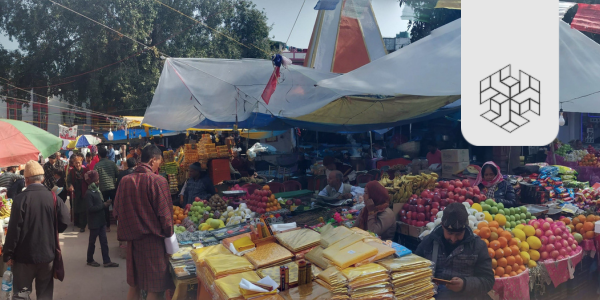Written by Almaas Masood
ABSTRACT
The Indian fishing industry is a rapidly growing sector, with Andhra Pradesh contributing significantly to it. The paper shows the crucial link the fisherwomen of Andhra Pradesh play in the supply chain within this industry. The paper covers the challenges women face in post-harvest fishing tasks across three landing centres in Northern Andhra Pradesh. It also identifies opportunities to enhance the income and working conditions of the fisherwomen within this informal system. Improving infrastructure design, acknowledging fisherwomen as active contributors, and providing comprehensive financial and digital literacy training modules would benefit the fishing sector.
INTRODUCTION
Women shoulder significant responsibilities in both pre-harvest and post-harvest fishing tasks. Despite their pivotal role, their contributions remain largely unnoticed and undervalued within the fishing industry. While the common perception of the fishing industry often revolves around men on sea expeditions, it’s essential to recognise women’s important link in the supply chain. They play a critical role in ensuring the seamless delivery of seafood to consumers, especially considering the perishable nature of these products. Once the fish is brought to shore, the post-harvest tasks such as auctioning the fish, transporting catch from fish-landing centres to local markets, processing, drying, marketing, and selling of fish are carried out by women. Chicken and shrimp feed industries also rely on women to procure their primary raw materials in Andhra Pradesh. However, women encounter significant socio-economic challenges in their daily lives within this industry.



